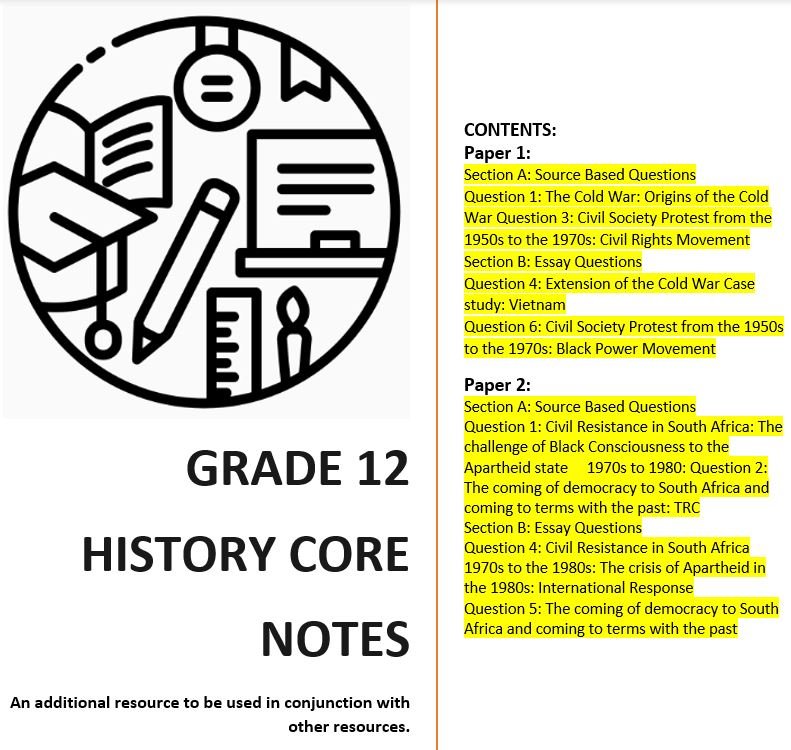
he Cold War (1947-1991) was a geopolitical and ideological struggle between the United States and the Soviet Union, characterized by tensions, nuclear arms race, and proxy conflicts. It shaped global politics and divided the world into capitalist and communist blocs.
The Vietnam War (1955-1975) was a conflict in Vietnam involving North Vietnam, supported by the communist bloc, and South Vietnam, backed by the United States and its allies. It was marked by guerrilla warfare, heavy bombings, and significant anti-war protests, ultimately ending with the fall of Saigon.
The Civil Rights Movement (1950s-1960s) aimed to end racial segregation and discrimination against African Americans in the United States. Key events included the Montgomery Bus Boycott, Martin Luther King Jr.’s leadership, and landmark legislation like the Civil Rights Act of 1964 and the Voting Rights Act of 1965.
The Black Power Movement (late 1960s-1970s) emerged as a response to racial inequality, emphasizing Black pride, cultural identity, and self-determination. It sought to address systemic racism and promote empowerment through activism, community organizing, and a reclamation of Black culture and consciousness.
Black Consciousness: Black Consciousness is a social and political movement that emerged in the 1960s, particularly in South Africa, aiming to instill pride, self-awareness, and empowerment within the Black community. Led by figures like Steve Biko, it sought to counteract the effects of apartheid by promoting a positive racial identity, cultural heritage, and resistance against systemic racism.
The Coming of Democracy in South Africa: The Coming of Democracy in South Africa refers to the period in the early 1990s when the apartheid system was dismantled, and democratic governance was established. Negotiations between the apartheid government and anti-apartheid leaders, including Nelson Mandela, led to the first multiracial elections in 1994, marking a historic shift towards inclusive and representative governance.
Truth and Reconciliation Commission (TRC): The Truth and Reconciliation Commission (TRC) was established in South Africa in the mid-1990s as a restorative justice mechanism. Chaired by Archbishop Desmond Tutu, the TRC aimed to address the human rights abuses of the apartheid era. Perpetrators could apply for amnesty by confessing their crimes, and victims were given a platform to share their experiences. The TRC played a crucial role in promoting healing and national reconciliation by uncovering the truth about past atrocities.